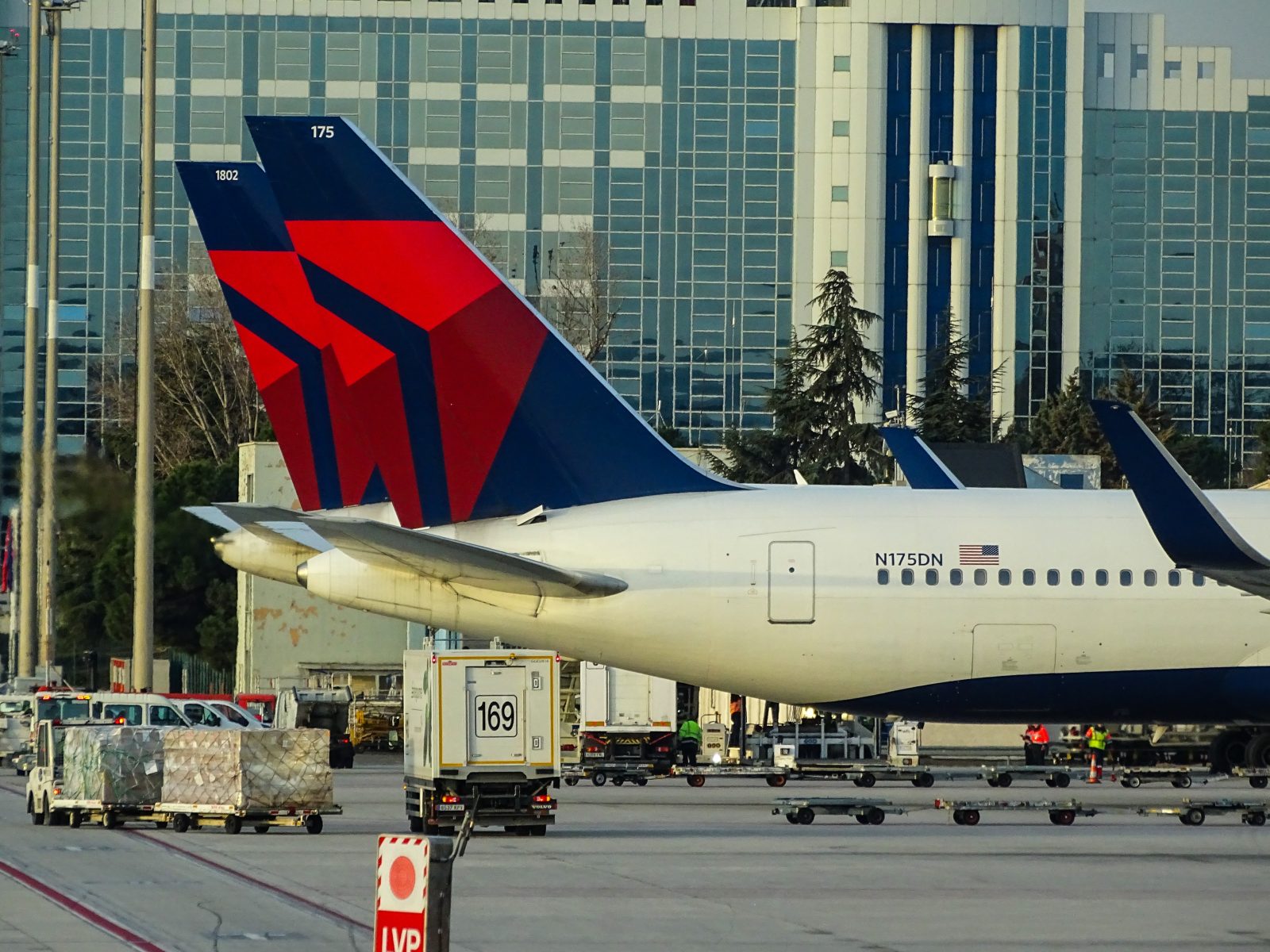
The approval of a single-shot COVID-19 vaccine could be a game-changer for pilots and air traffic controllers who are required to wait for at least 48-hours after getting jabbed before being allowed to return to work. On Saturday, the Federal Drug Administration (FDA) added Johnson & Johnson’s single-shot Jansen jab to its arsenal of vaccines following a thorough medical review that concluded the jab is safe and effective.
Within hours of the FDA issuing the emergency use authorization, the Federal Aviation Administration (FAA) also cleared the way for the Jansen adenovirus vaccine to be used on pilots and air traffic controllers. The FAA has already approved the use of both the Pfizer / BioNTech and Moderna vaccines.
But just like the other two approved vaccines, the FAA requires pilots and air traffic controllers to wait at least 48-hours after receiving their jab before returning to work. In a statement, the FAA said the waiting period would help “maintain the highest level of safety” by allowing those conducting safety-sensitive aviation duties to fully recover from any side-effects of the vaccines.
The Centers for Disease Control and Prevention warns that both the Pfizer and the Moderna vaccines can cause chills, tiredness and a headache and that while these side effects are generally mild, they can affect someones ability to carry out even basic day-to-day activities.
Early evidence suggests that these side effects are more common and more pronounced after the second dose.
The Jansen vaccine can also cause headache, fatigue, muscle aches and nausea according to the FDA but the single-shot regimen means aviation workers who are carrying out safety-sensitive roles will suffer significantly less downtime than those receiving two-shot vaccines.
A single shot vaccine will also help other aviation workers like flight attendants who are trying to schedule their first and second shots around work trips that could mean they are out of state or even abroad when their second jab is due. The Jansen vaccine, meanwhile, can be fitted in around a flight attendant’s existing work schedule.
Phase III clinical trial data found that after just 14-days following vaccination, the Jansen shot is 77 per cent effective in preventing severe or critical cases of COVID-19 and after 28-days, efficacy against severe cases increased to 85 per cent.
The Jansen vaccine was, however, found to be slightly less effective in preventing moderate illness compared to both the Pfizer and Moderna vaccines, although efficacy rates are likely to alter after real-world data is collected.
Medical experts have cautioned against judging a vaccine based solely on headline efficacy rates and have stressed that all three vaccines currently approved by the FDA are safe and highly effective.
Beyond the headlines, the company stressed on Saturday: “The Janssen COVID-19 vaccine candidate demonstrated complete protection against COVID-related hospitalization and death” – which, after all, is what vaccines are really designed to do.
A statement from Johnson & Johnson continued: “Efficacy against severe disease increased over time with no cases in vaccinated participants reported after day 49.”
Mateusz Maszczynski honed his skills as an international flight attendant at the most prominent airline in the Middle East and has been flying ever since... most recently for a well known European airline. Matt is passionate about the aviation industry and has become an expert in passenger experience and human-centric stories. Always keeping an ear close to the ground, Matt's industry insights, analysis and news coverage is frequently relied upon by some of the biggest names in journalism.







